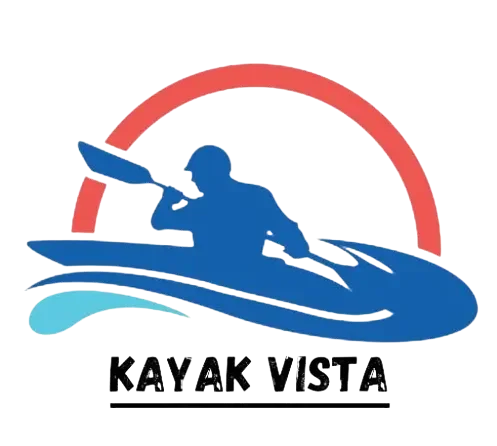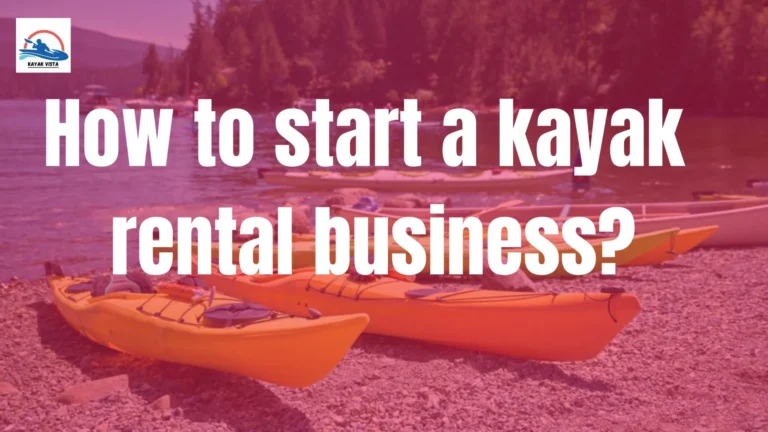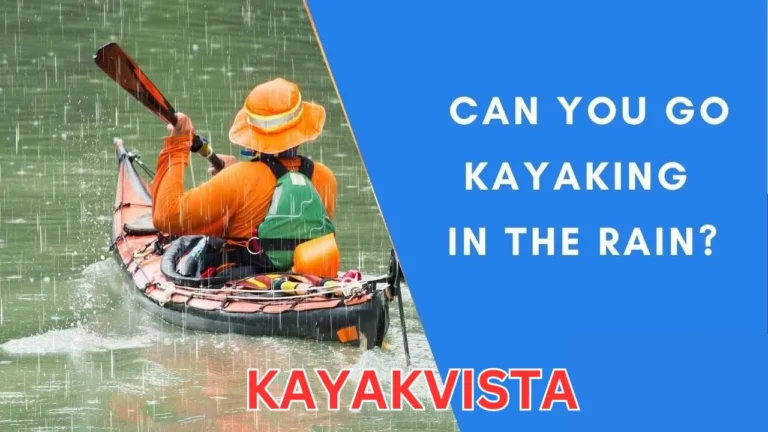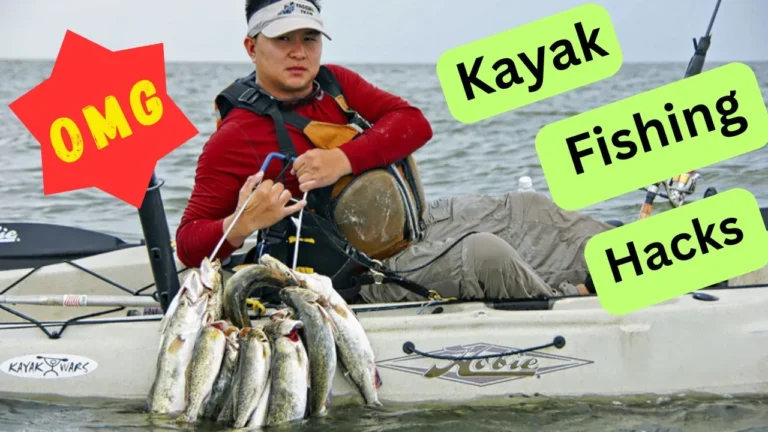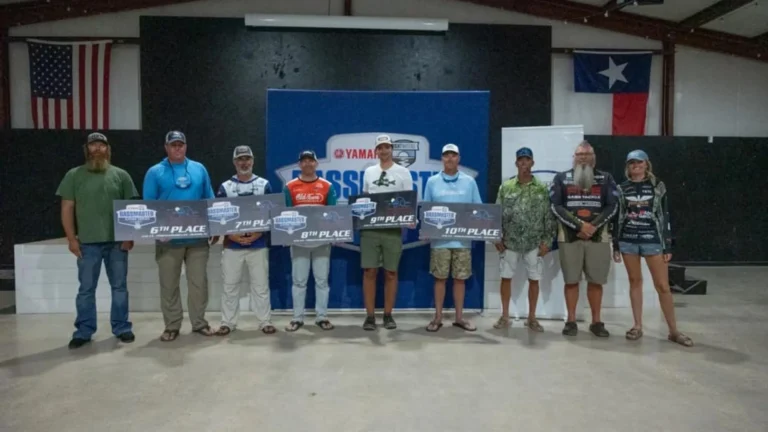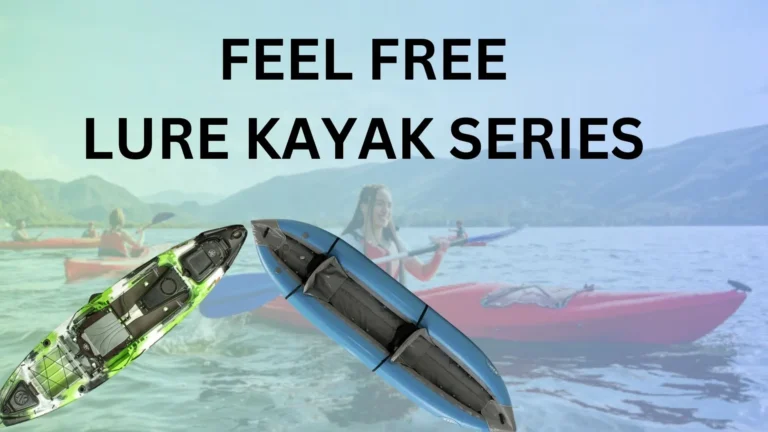How to Turn Your Kayak Fishing Trip into an Overnighter
Bending Branches Regional Ambassador Terrell Hester loves the idea of turning kayak fishing trips into overnight camping adventures. We recently chatted with him to gather his top tips for making these overnight fishing trips enjoyable. While he can’t promise you’ll catch fish, following his advice will ensure you have a fantastic time both on the water and at the campsite.
Why turn a day of kayak fishing into an overnight trip?
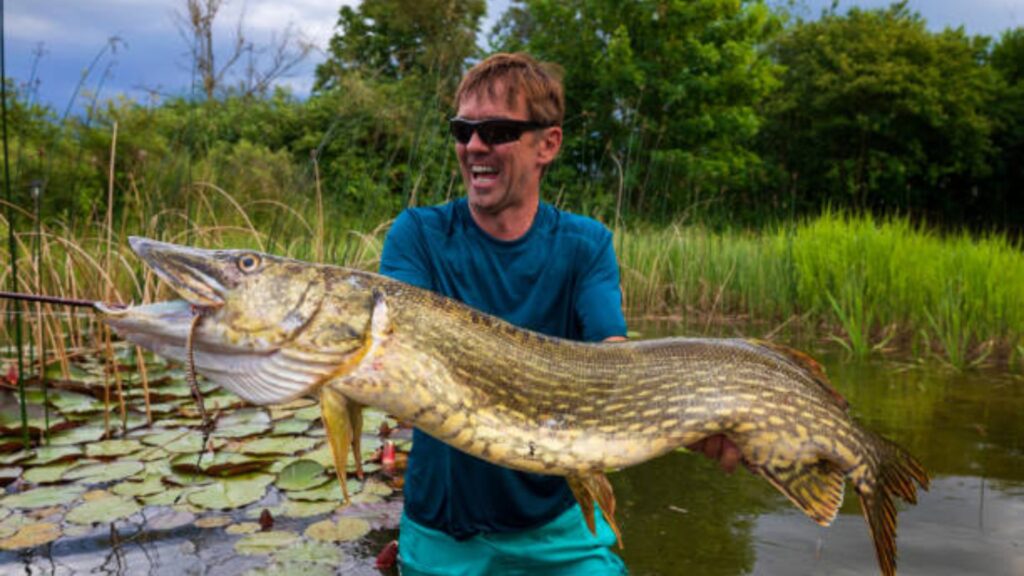
Terrell, the Kayak Fishing Trip enthusiast, believes that spending more time on the water increases your chances of catching fish. It’s simple: the more your fishing line is in the water, the better your odds. Overnight trips eliminate the need to drive back home after fishing. Instead, you paddle to your campsite right from the water.
Terrell’s experience includes single-night river trips spanning 5 to 50 miles. He prefers shorter trips because they allow him to focus on fishing rather than covering long distances.
Here are his top tips for successful overnight fishing adventures:
- Keep your line in the water as much as possible.
- Overnight trips mean no driving back home—paddle to your campsite.
- Opt for shorter trips to prioritize fishing over covering the ground.
Choose a Kayak Fishing Overnight Destination
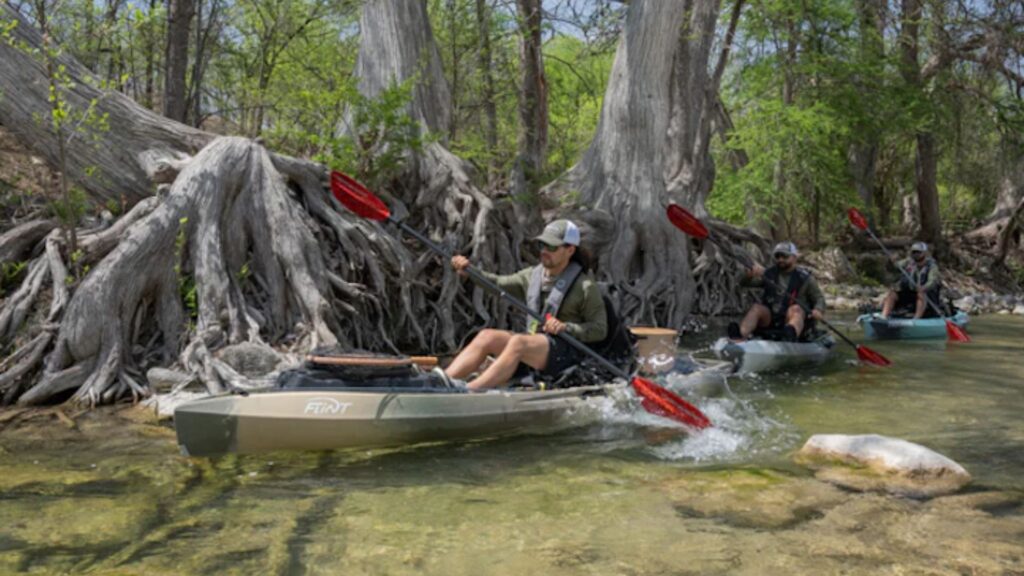
passionate Kayak Fishing Trip enthusiast from Texas has a unique approach: he combines his love for fishing with the thrill of camping. Here’s what he shared during our recent chat:
Terrell firmly believes that the more your fishing line is in the water, the better your chances of catching fish. Overnight trips eliminate the need to drive back home after a day on the water. Instead, you kayak paddle directly to your campsite, maximizing your time on the river.
Imagine not having to pack up your gear and drive home after a successful day of fishing. With overnight trips, you’re cutting out that part of the journey. It’s like having a cozy hotel right on the water—no commute required.
Terrell’s experience spans single-night river trips ranging from 5 to 50 miles. Interestingly, he prefers the shorter trips. Why? Because they allow him to focus more on fishing and less on covering ground. It’s all about quality time with the fish!
Now, let’s explore the practical side of Terrell’s adventures:
- Terrell’s river of choice for a Kayak Fishing Trip is the Guadalupe River. Why? Well, it offers plenty of public camping sites along its banks. These sites don’t require landowner permission—you can reserve them ahead of time, just like booking a hotel room. No more last-minute camping stress!
- Before each trip, Terrell does his homework. He goes online to scout the area, using map apps to identify entrance and exit points. And of course, he looks for the perfect campsite along the way.
- Rivers don’t follow straight lines, so Terrell plans accordingly. He aims to find a reservable campsite roughly halfway through his journey. Remember, miles and river miles are different, so accounting for twists and turns is essential.
- If he’s exploring a river without public land, Terrell knows he needs to get permission from private landowners before setting up camp. Respect and courtesy go a long way!
- Along the Guadalupe River, most designated campsites are family-owned private campgrounds. A simple call ahead allows you to reserve a spot—a cozy nook by the water awaits.
Transportation To and From the River

Terrell suggests a couple of different options for getting from point A to point B during your kayak fishing trip and camping adventure. Let’s break them down:
- If you’re with a group, consider splitting up the vehicles. Park one vehicle at the end point of your journey. Then, drive back to your starting point together. From there, hop on the water, paddle downstream, and fish your way to the campsite. The next day, continue paddling and fishing until you reach the spot where the second vehicle is parked. This method works well if you have multiple kayaks and gear. Just remember to plan for the logistics—maybe even bring a trailer if needed.
- Alternatively, check if there’s an outfitter in the area. They can shuttle your group one way or the other, allowing you to leave all your vehicles in the same spot. Yes, it might cost a bit more, but it saves valuable time. Before embarking on your adventure, make sure you’ve sorted out the details and arrival times.
Kayak Fishing and More
Terrell loves fishing on his overnight kayak trips. He wants to catch lots of fish, but he also enjoys seeing interesting things along the way. He likes watching birds like kingfishers and ospreys hunting for fish. Depending on where he is, he might spot a bald eagle, owls, or even a big beehive. Sometimes he sees cool rock formations or old buildings like mills.
Catch and Release or Catch and Cook?
- Terrell often practices this method. When he catches a fish, he takes a quick photo to remember the moment, and then he gently releases the fish back into the water. It’s like saying, “Hey fish, you’re free to swim another day!”
- Now, this is where things get tasty! If Terrell wants a delicious meal, he can cook the freshly caught fish over an open fire at his campsite. Imagine the sizzle and the aroma—it’s something to look forward to!
But here’s the important part: Terrell advises having a backup plan. Sometimes, he might not catch anything, and that’s okay. So, it’s smart to bring extra food just in case. Plus, he reminds us to know the fish and game rules in our area—things like catch limits and slot limits
11 Things You Should Avoid On Your First Kayak Fishing Trip
How an Overnight Kayak Fishing Trip Differs from a Day Trip
Preparing for an overnight fishing trip on a kayak is different from a day trip because you need to pack more things. Usually, for a day trip, you just bring fishing gear, a life vest, and a paddle. But for an overnight trip, you need extra stuff like dry clothes, a First Aid kit, an extra paddle, a tent or hammock, a sleeping bag, cookware, and a light.
You have to pack smart and keep things dry, so you’ll need dry bags or waterproof boxes. Knowing the water you’ll be on is important, especially if it’s near a dam. You should check the dam release schedule to know the water flow. Terrell says to pack like a minimalist, meaning take only what you really need and organize it well on your kayak. It’s also crucial to wear your life vest at all times for safety, even if it feels like a long time to be on the water.
At the Campsite
When you’re camping, whether in a campground or on private property, always remember to clean up after yourself. Take all your trash with you and don’t let it end up in the water.
If you’re the chef in your group, think ahead about what everyone will want to eat. Choose quick and easy meals that you can prepare in advance, so you can spend less time cooking after a long day of paddling and fishing. But that doesn’t mean you have to settle for boring food! Bring tasty and filling meals to keep everyone satisfied.
Don’t forget to bring some music along too! Food and music are a great combination for bringing people together. Even if nobody in your group plays instruments, a small Bluetooth speaker can liven up the atmosphere. And if you enjoy it, bring along some drinks to relax and unwind.
Kayak Fishing Overnight Safety
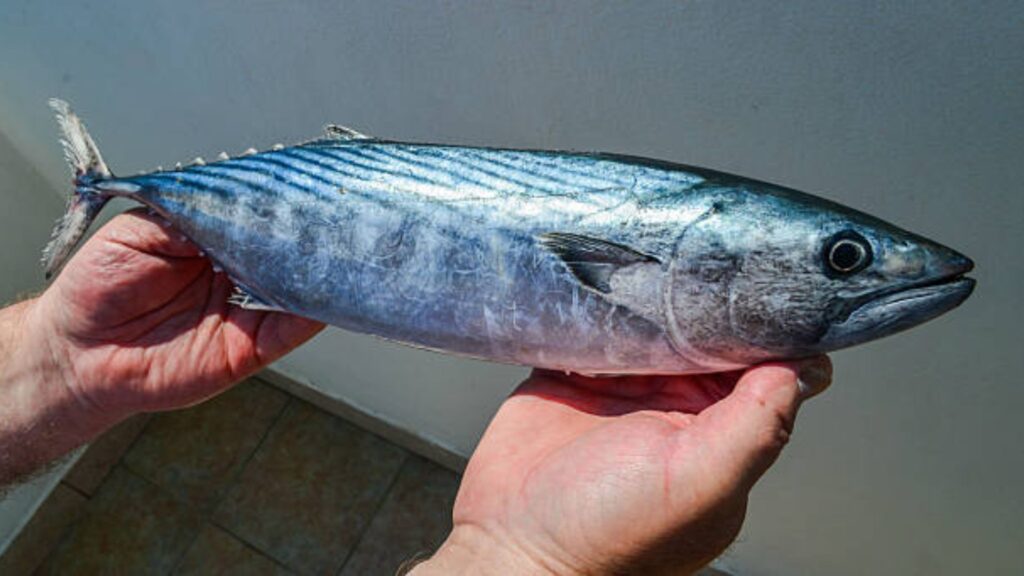
1. Wear Your Life Vest: Safety First! Terrell emphasizes the importance of wearing a life vest when you’re out on your kayak. Think of it as your superhero cape—it keeps you safe while paddling or fishing. So, before you set off, buckle up that life vest!
2. Plan Like a Secret Agent: No Cell Service? No Problem! Imagine you’re on a top-secret mission, and your phone won’t have any signal. That’s how Terrell suggests planning. Bring along a physical map—it’s like having a treasure map. Follow it down the river, and keep an eye out for waypoints (those are like hidden clues!).
3. Share Your Adventure Plan: Let Someone Know! Before you embark on your kayak journey, tell a loved one or a close friend about your adventure. Let them in on the details:
- Where you’ll start (put in)
- Where you’ll rest (sleep)
- Where you’ll finish (take out) If a couple of days go by without them hearing from you, they’ll know something’s up! It’s like having a safety net.
4. Buddy Up: Kayak Adventures Are Better Together! Going solo might sound cool, but Terrell advises against it for beginners. Instead, always bring at least one partner with you. It’s like having a sidekick on your kayak mission!
- Check if there’s a limit to the number of campers at your site. If not, figure out how many tents can fit.
- Make sure you have enough vehicles or trailer space for everyone and their kayaks.
- Remember, rivers can be narrow, so it’s harder to avoid bumping into each other when paddling and fishing.
- In fast water, it takes longer to navigate with a big group because you have to go one person at a time for safety.
- More people mean you’ll need more gear and food, so plan accordingly.
Terrell’s First Kayak Fishing Overnight Trip
Terrell’s first overnight kayak fishing trip was a big learning experience, but not in a good way! He and his buddies from the military decided to go on this adventure with him, even though they were all beginners. They planned everything carefully, but they made some big mistakes.
First, they picked a route that was way too long—50 miles in just one night! They spent all their time paddling and hardly had any time to fish. Plus, they didn’t even have a campsite reserved, so they had to scramble to find a spot along the river in the dark.
They ended up in a remote area of South Carolina with no phone service and had trouble finding a dry place to set up camp. Overnight, the water levels rose, and some of their kayaks floated away because they weren’t tied down properly.
To make matters worse, they thought they could catch all their food, but that didn’t work out. Luckily, one of their wives had the foresight to bring some foil for cooking. Overall, it was a tough trip, but Terrell learned what not to do next time.
Advantages of First Kayak Fishing
- It has a good Learning experience
- Team bonding
- Adventure
- Appreciation of nature
- Lasting memories
